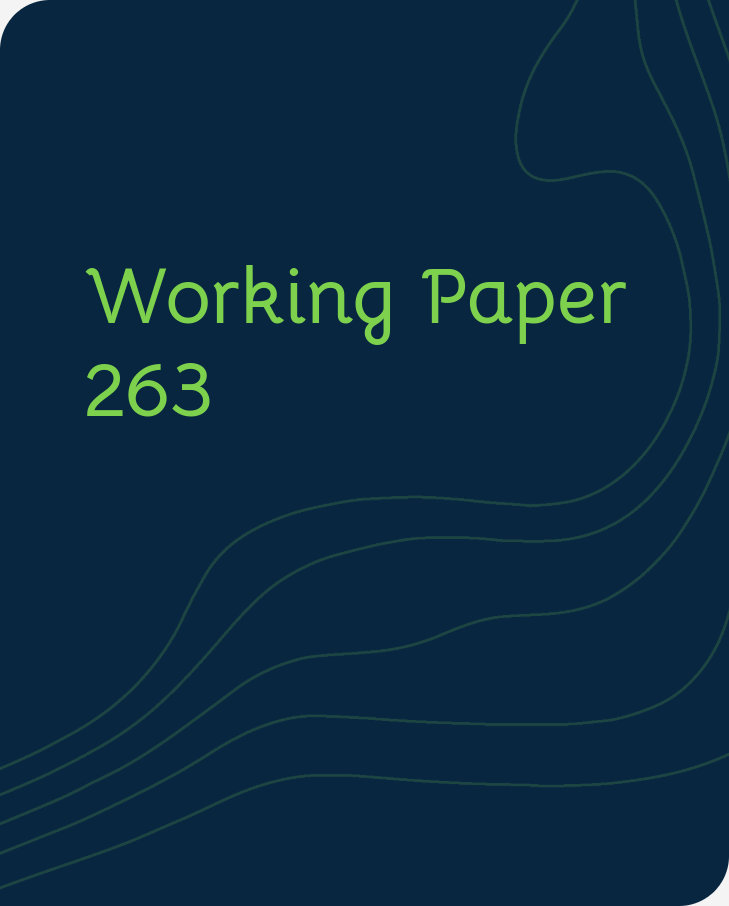Publication
Transition Report
Reform progress and transition indicators
Who we are
Overview: about the EBRDWho we are
Overview: about the EBRD
Learn about the EBRD's journey to investing more than €220 billion in over 7,800 projects.
What we do
Overview: how the EBRD operatesWhat we do
Overview: how the EBRD operates
Across three continents, the EBRD supports the transition to successful market economies.
Work with us
Overview: how you can work with the EBRDWork with us
Overview: how you can work with the EBRD
We draw on three decades of regional knowledge and financial expertise to tailor our products and approaches to each client's needs.
January, 2022

By Cevat Giray Aksoy, Christopher S. Carpenter, Ralph De Haas, Mathias Dolls and Lisa Windsteiger
We study basic information treatments regarding sexual orientation using randomized experiments in three countries with strong and widespread anti-gay attitudes: Serbia, Turkey, and Ukraine. Participants who received information about the economic costs to society of sexual-orientation discrimination were significantly more likely than those in a control group to support equal employment opportunities based on sexual orientation. Information that the World Health Organization (WHO) does not regard homosexuality as a mental illness increased social acceptance of sexual minorities, but only for those who reported trust in the WHO. Our results have important implications for policy makers aiming to expand the rights of lesbian, gay, and bisexual people worldwide.
For media enquiries related to this working paper, please contact Ksenia Yakustidi, Media Adviser at the EBRD’s Office of the Chief Economist
YakustiK@ebrd.com
All Working Papers
The Working Paper series seeks to stimulate debate on transition in the EBRD regions.
